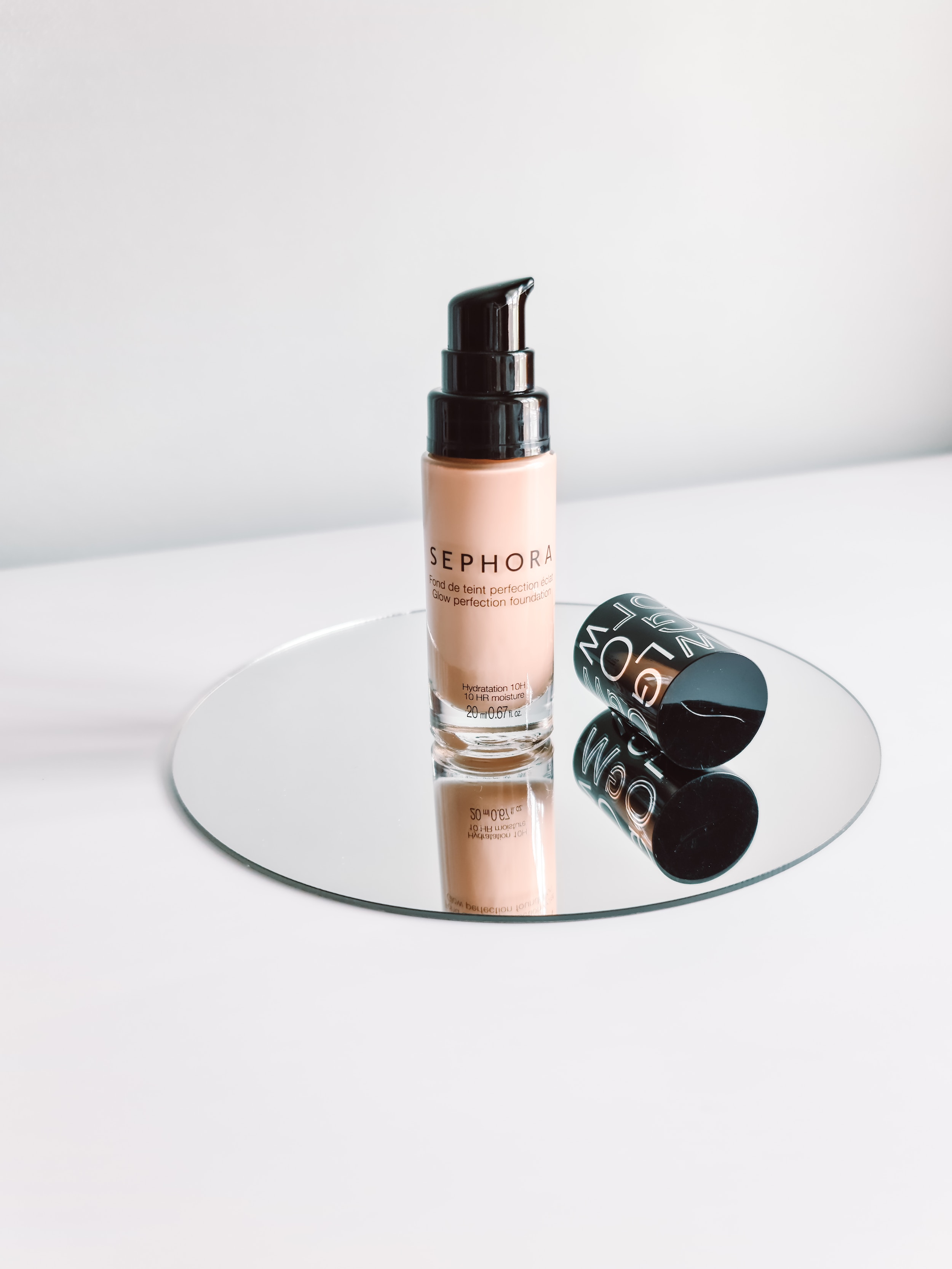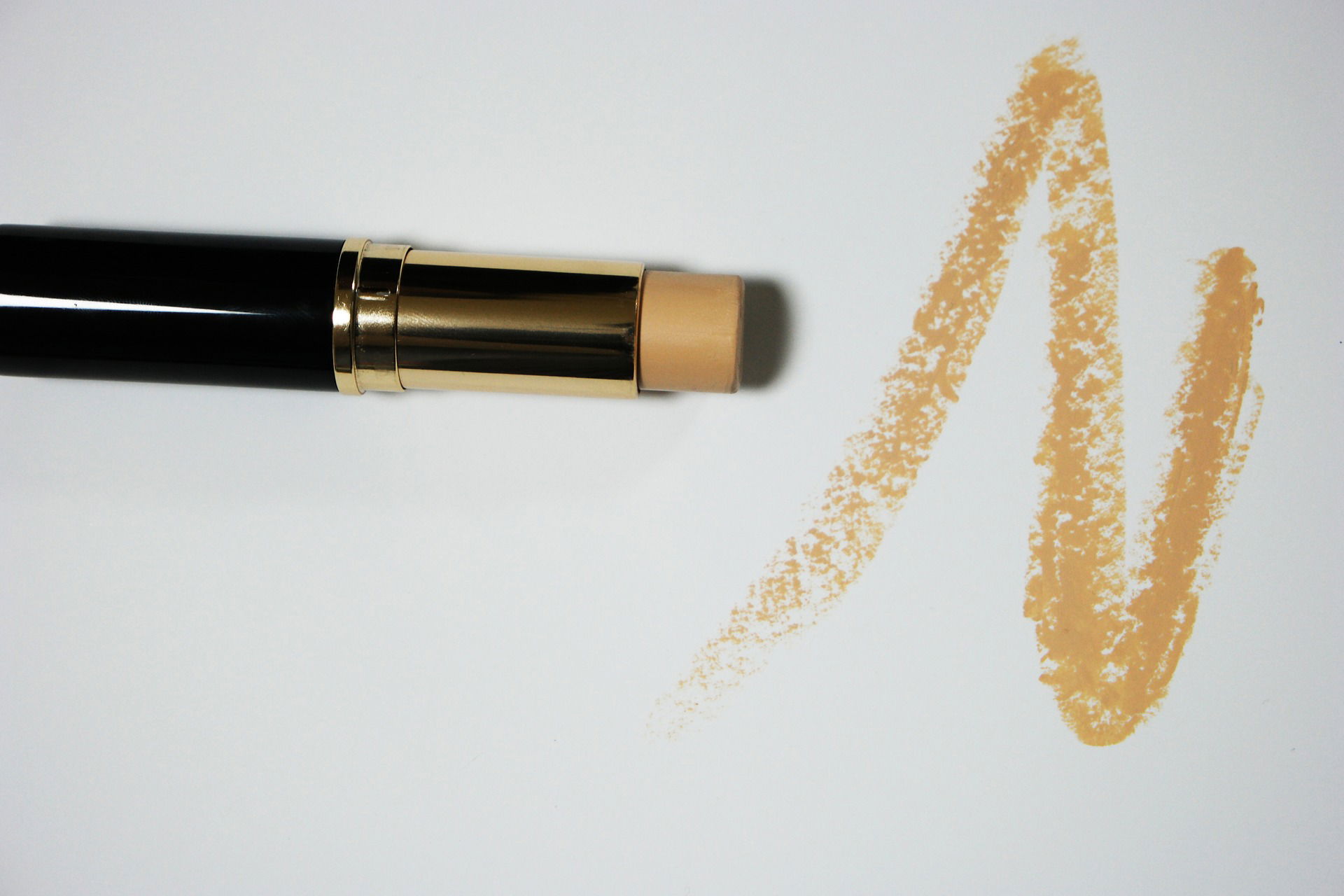Choosing the Right Foundation: A Comprehensive Shade and Formula Guide
When it comes to makeup, the foundation is aptly named because it serves as the very base upon which you build your entire look. A well-chosen foundation can enhance your natural beauty, conceal imperfections, and create a flawless canvas for the rest of your makeup. However, selecting the right foundation shade and formula can be a daunting task with the myriad of options available on the market. In this comprehensive guide, we will explore the factors to consider when choosing the perfect foundation for your skin type and complexion.

The Importance of the Right Foundation
Foundation is more than just a cosmetic product; it's a skincare and makeup essential rolled into one. A good foundation can:
Even Out Skin Tone: Foundations are designed to provide a consistent color to your skin, masking redness, blemishes, and uneven pigmentation.
Conceal Imperfections: Whether it's acne scars, dark spots, or fine lines, the right foundation can help hide these flaws and create a smoother appearance.
Protect Your Skin: Some foundations come with SPF (Sun Protection Factor) to shield your skin from harmful UV rays.
Hydrate and Nourish: Many foundations are infused with moisturizing ingredients to keep your skin hydrated throughout the day.
Enhance Your Makeup: A good foundation serves as a base for other makeup products like blush, bronzer, and eyeshadow, helping them adhere better and last longer.
Now that we understand the importance of a foundation let's delve into the key factors to consider when choosing the right one.
Factors to Consider
1. Skin Type
Your skin type should be the first consideration when selecting a foundation. The four primary skin types are:
- Oily: If your skin tends to produce excess oil, look for oil-free or mattifying foundations.
- Dry: Opt for foundations with hydrating properties like hyaluronic acid or glycerin.
- Combination: Choose a foundation that can balance both dry and oily areas, like a hydrating foundation with a matte finish.
- Normal: Lucky you! You have more flexibility when it comes to choosing foundations. However, consider your other skin concerns, such as sensitivity or aging.
2. Undertone
Determining your undertone is crucial for finding a foundation that matches your skin seamlessly. Undertones are typically categorized as warm, cool, or neutral:
- Warm: If your veins appear greenish, and gold jewelry complements your skin, you likely have a warm undertone. Look for foundations with yellow or golden undertones.
- Cool: If your veins appear bluish, and silver jewelry suits you, you probably have a cool undertone. Opt for foundations with pink or cool undertones.
- Neutral: If you can't distinctly identify warm or cool undertones, you may have a neutral undertone. You can choose foundations with a neutral base.
3. Shade Matching
Once you know your undertone, it's essential to find the right shade. Here's how:
- Visit a Makeup Counter: Many beauty stores offer shade-matching services where experts can help you find your perfect match.
- Test on Jawline: Apply a small amount of foundation along your jawline. The right shade should blend seamlessly with your neck and face.
- Natural Light: Check your foundation in natural light to ensure it looks good in all lighting conditions.
- Sample Sizes: Some brands offer sample-sized foundations, allowing you to try different shades before committing to a full-sized product.
4. Coverage
Foundations come in various levels of coverage:
- Sheer: Provides a light, natural look and is suitable for those with minimal imperfections.
- Medium: Covers most imperfections without feeling heavy on the skin. Ideal for everyday wear.
- Full: Offers complete coverage for significant imperfections or special occasions.
5. Formula
Consider the formula that best suits your needs:
- Liquid: Offers a wide range of coverage and finishes, from dewy to matte.
- Cream: Cream foundations provide a thicker, more matte finish and are great for those with oily skin.
- Powder: Ideal for oily skin, powder foundations provide a matte finish and are easy to touch up throughout the day.
- Stick: Convenient and portable, stick foundations are great for quick touch-ups and on-the-go application.
6. Special Considerations
- Sensitive Skin: If you have sensitive skin, opt for foundations labeled as hypoallergenic or fragrance-free.
- Aging Skin: Look for foundations with anti-aging ingredients like peptides or antioxidants.
- Acne-Prone Skin: Non-comedogenic foundations won't clog pores and can help prevent breakouts.
- Longevity: If you need your makeup to last all day or night, consider long-wear or waterproof foundations.
- Sun Protection: For added sun protection, choose a foundation with SPF.

Sources
- American Academy of Dermatology - Makeup Tips for Healthy Skin
- Healthline - How to Determine Your Skin Type
- Byrdie - How to Find Your Perfect Foundation Shade Match
- Cosmopolitan - The Best Foundation for Your Skin Type
- Harper's Bazaar - The Best Foundations for Every Skin Type
In conclusion, choosing the right foundation involves a careful assessment of your skin type, undertone, coverage needs, and any special considerations. Taking the time to find the perfect foundation will not only enhance your overall makeup look but also promote healthy and radiant skin. Remember that makeup is an art, and with the right foundation as your canvas, you can create stunning masterpieces.